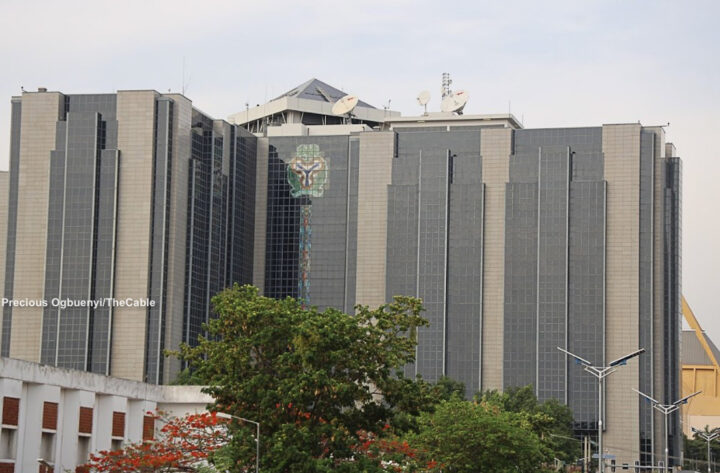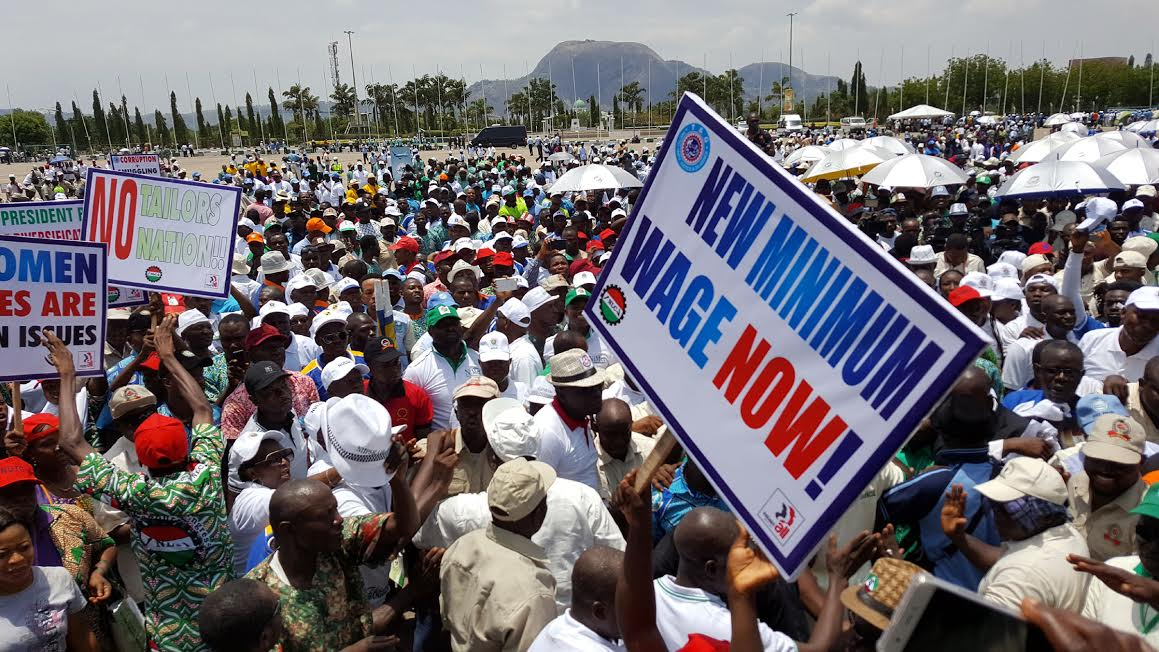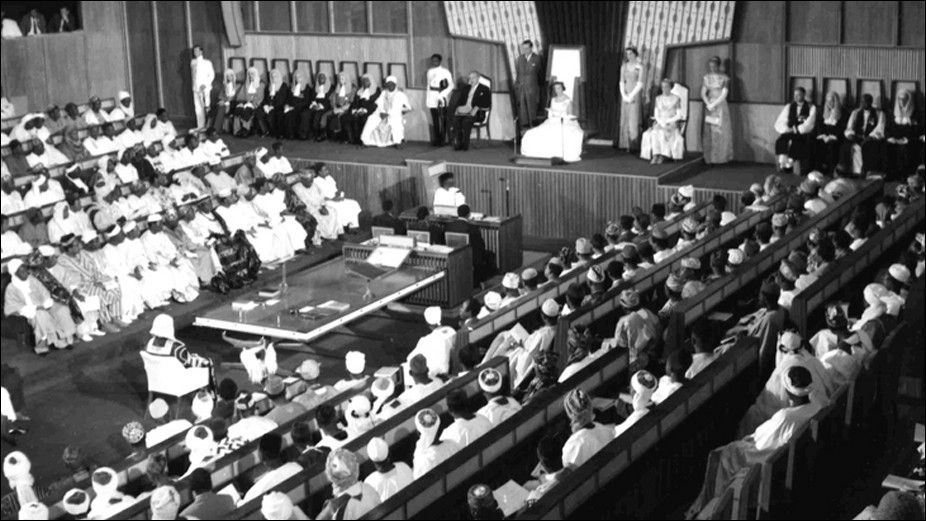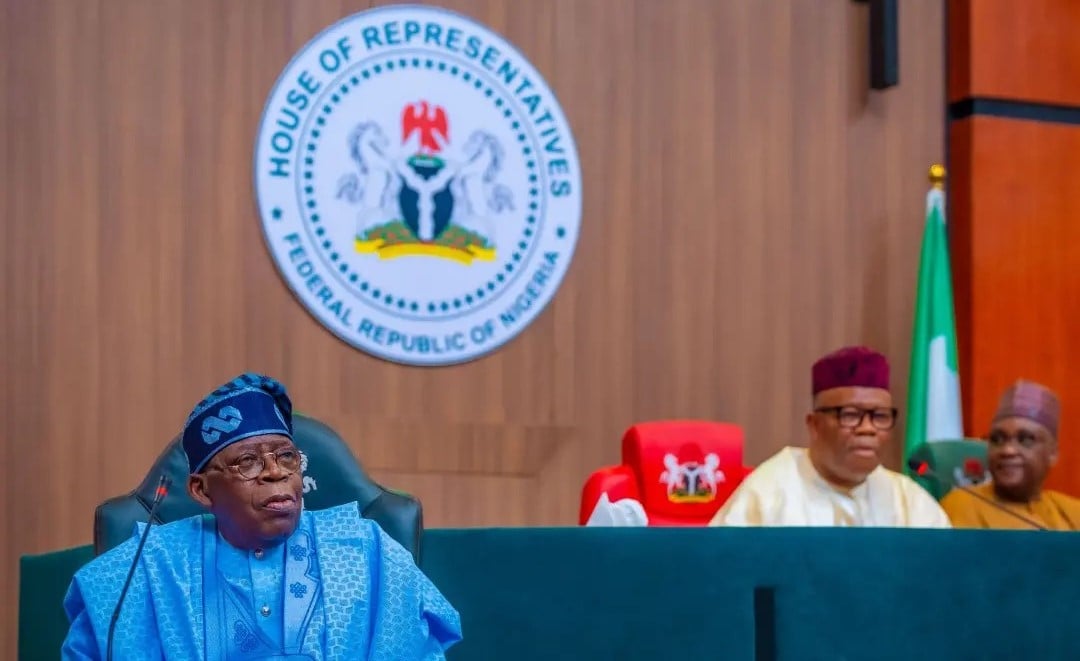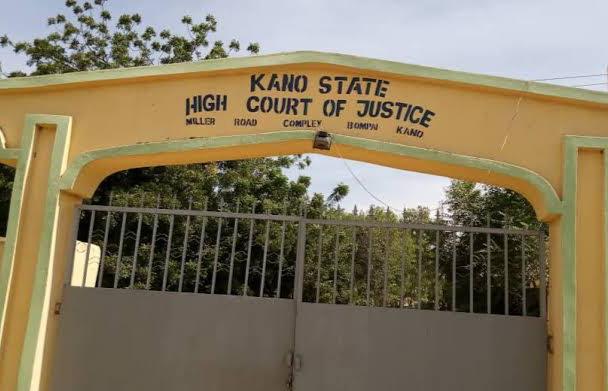A few days ago, the Government of Anambra State, led by Professor Chukwuma Soludo, announced the recruitment of 3,115 teachers into the state’s public primary and secondary schools. This is coming after the 2022 recruitment of 5,000 teachers by the Governor Soludo-led administration.
These recruitments are coming at a time many state governments have virtually stopped new recruitments into the civil service for fear of the wage bill that could hit them after the conclusion of the ongoing minimum wage negotiation between organized labour and the federal government. (The Governor Soludo-led administration has also recruited massively into the healthcare sector). For Anambra, the education of its young people is a priority and the present government is determined to do everything possible to make the state a role model in education.
Teacher shortage is not peculiar to Nigeria alone. (According to the 2022-2023 UBEC National Personnel Audit report, there is a shortage of 194,876 teachers in public primary schools across the country). It is fast becoming a global issue. In the UK, for example, The UK Guardian Newspaper reported in April 2024 that teachers in the United Kingdom are grappling with dwindling resources and expanding workloads as a result of teacher shortage.
The just concluded recruitment of 3,115 teachers in Anambra’s public schools was not only targeted to address the teacher-student ratios in public schools in Anambra, it was also targeted to solve the problem of the dearth of teachers in certain vocational and technical subjects in public schools.
Advertisement
Anambra’s vision is to give students in public schools a pleasant learning experience and quality education. One way to achieve this is to have a decent teacher-student ratio which not only meets the national benchmarks but international standards.
The recently concluded teacher recruitment by the Anambra State Government solves this fundamental issue that is prevalent in many jurisdictions: A school’s teacher-student ratio may be low but could conceal the existence of a dearth of teachers in some major subject areas. This could give rise to a scenario where few teachers are made to teach large numbers of students in some specific subjects.
Despite the fact that the National Policy on Education prescribes a teacher-student ratio of 1:25 for pre-primary classes; 1:35 for primary and 1:40 for secondary schools, some subnational governments still struggle to meet these ratios.
Advertisement
Anambra’s teacher recruitment in public schools also targeted teacher recruitment in rural and in some hard-to-reach areas of the state in Anambra East, Ihiala, Ekwusigo, Nnewi South, Ogbaru and Awka North. Today, the hitherto large teacher- student ratios in some hard-to-reach areas in Anambra have been brought down to ratios even lesser than the national recommended ratios. Every pupil in public schools in Anambra will now get the level of attention that he or she needs. Students develop at different paces and need varying level of attention.
Obviously, there are some major challenges in basic education in the country, especially in public schools. In January 2023, United Nation Children’s Fund (UNICEF) stated that over 75 percent of Nigerian children between the ages of 4 and 14 years cannot read, write and solve basic mathematical problems. Later in the same year, the organization stated that the average pupil-teacher ratio in North-East Nigeria was 124 to 1, and only 29 percent of schools in the region had teachers with the minimum qualification as almost half of all the schools in the region need rehabilitation. There are also problems with teacher deployment in rural areas as most teachers prefer to work in urban areas in Nigeria.
All these issues are currently being aggressively addressed in Anambra. Public schools in Anambra are changing and many parents now prefer public schools to private schools.
Take the issue of corruption in teacher recruitment, for example. Governor Soludo believes that teaching jobs should be reserved for the best and brightest and not for people who can bribe their ways to get job. The recently concluded teacher recruitment was purely based on merit and the newly recruited teachers passed through a rigorous selection process, with a computer-based test as the first stage in the screening process.
Advertisement
Today, Anambra State Government is working out a robust strategy for the continuous professional development of teachers in public schools.
Issues related to teacher renumeration, work-life balance and other welfare issues are being looked into in the state. There is also an aggressive rehabilitation of public schools in the state taking place. In the coming years, the Governor Soludo-led administration is determined to put Anambra in the map in terms of educational development.
Nwankwo is the Special Adviser on Special Projects to Soludo
Advertisement
Views expressed by contributors are strictly personal and not of TheCable.
Add a comment


